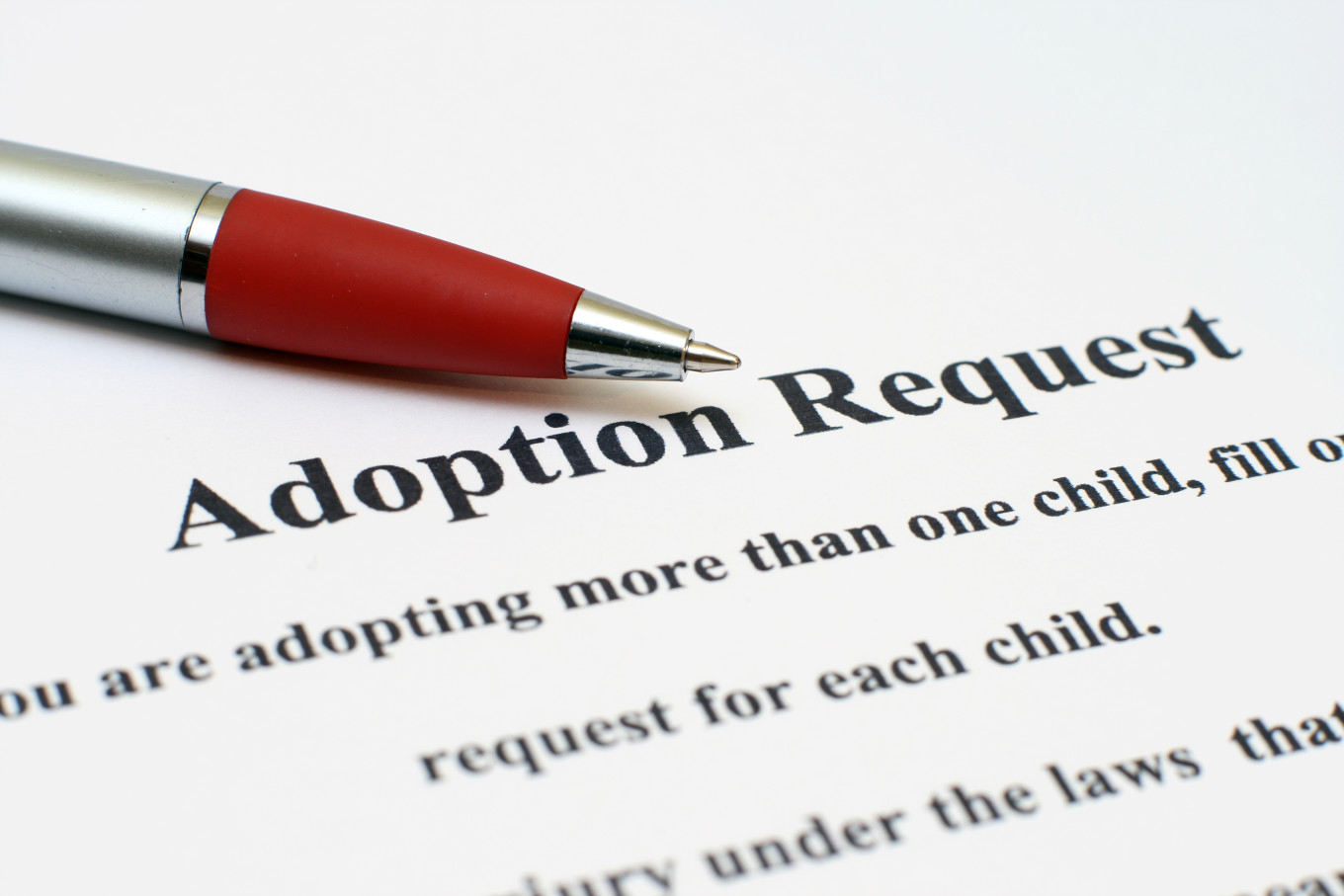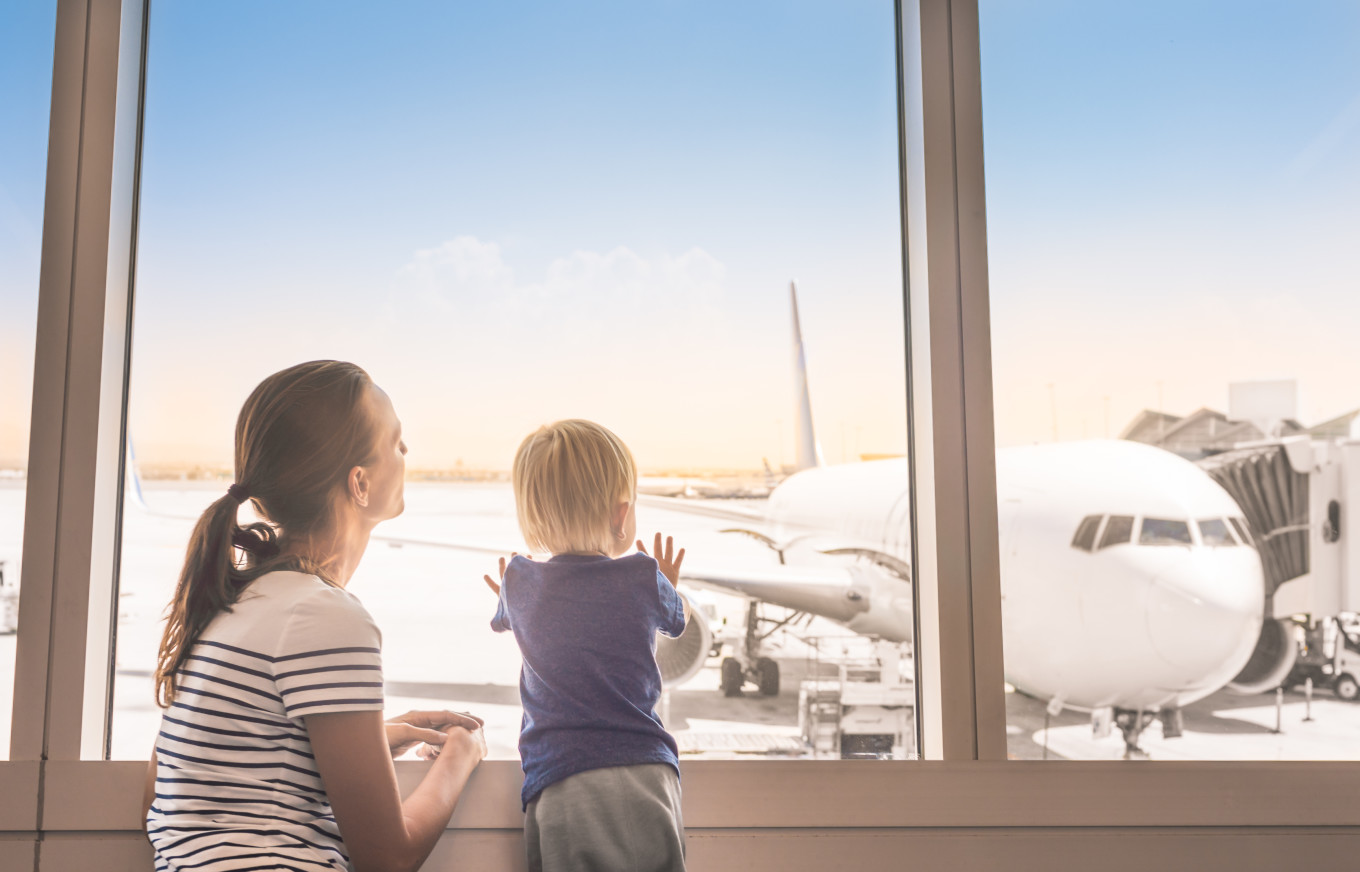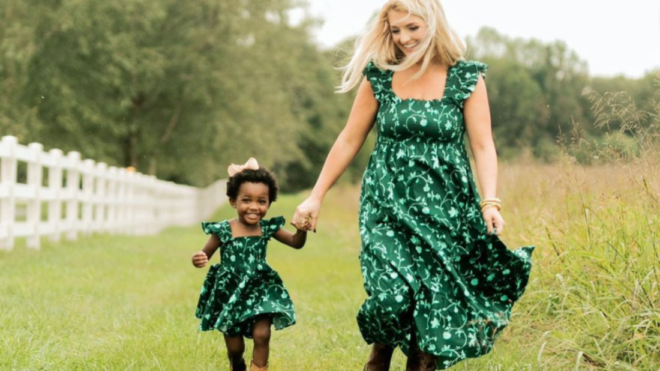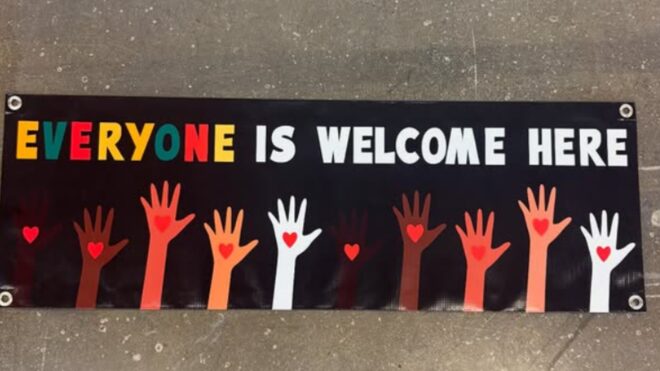
Now that you've finally made the decision to adopt, congratulations! You're taking a huge step for yourself and your family, and providing a loving home to a child who might not otherwise have one. But now that you've decided to take this route, it's not time to relax — actually, quite the opposite. The road to adoption can definitely be an exciting one, but it's also a pretty stressful time for so many people. A lot is happening, the process can be lengthy, and so many things can go wrong. It makes sense that this journey can send many prospective adoptive parents into an emotional roller coaster.
Regardless of how you choose to become a parent, it's not easy, and adoption happens to come with a few extra hoops to jump through (and unexpected costs to shoulder) along the way.
Read on for things you should know as you start the process of adoption. It can certainly be overwhelming, but take a deep breath. You can do this — and in the end, it will all be worth it.
It Will Be Expensive

No matter how someone chooses to expand their family, there are costs involved, but adoption can be particularly pricy. Though adopting through foster care can be one of the most affordable ways to go about the process, according to US News, the costs can go as high as $50,000, depending on what route you choose — and of course, it's important to remember that this child is likely coming to you with limited personal belongings.
It Can Be Time Consuming

The process of adoption is a lengthy one, so if you're just getting started, buckle in. Adoption.org estimates that the process of adoption can take as long as six months to several years, depending on location, how open you are to the races, needs, and age ranges of children you'd like to adopt, and the type of adoption you choose.
There Are Several Different Types

There are different types of adoption, so at the beginning of the process, it's important to research each of them and decide which is the best for your family. Aside from fostering to adopt, there's also international adoption, as well as adopting privately through a lawyer or using an agency, along with deciding whether you're looking for an open or closed adoption.
You'll Need To Do a Home Study

Part of the pre-adoption process includes a home study, which is required in all 50 states. This will include multiple interviews with a home study worker, along with visits to your home to make sure that it's safe and child-friendly while also checking out the kind of neighborhood you live in.
There Will Be a Lot of Paperwork

Part of the reason the adoption process takes so long is because of all of the paperwork involved. Expect to provide a lot of personal information about yourself and your financial information, like income statements, proof you have health insurance, an autobiographical statement about who you and your family are, and even undergo a physical to prove that you're healthy and fit enough to care for a child, depending on the agency you use.
There Will Be Classes

In most cases, adoption will require you to take classes before you meet the child who will ultimately join your family. According to the North American Council of Adoptable Children, these are often referred to as adoption competency classes, and will help prepare prospective adoptive parents to parent children who have experienced trauma, identify any mental health or behavioral issues that may come up, be prepared to tackle racism, along with many other important topics.
Know Your State's Laws

Adoption laws can vary from state to state, so as you're starting the process, be sure that you're well versed on what the laws are in your state. This way, you can avoid running into any problems unnecessarily along the way that might prolong the process even further.
Talk to Other Parents

There's nothing like talking to people who have been there before, so don't be afraid to reach out to other parents in your community who have adopted. The agency you're working with may be able to give you the contact information of parents who are willing to chat with you and answer any questions you might have.
You Can't Do Too Much Research

In the early stages of the adoption process, there's no such thing as doing too much research. Read up as much as you can online, set up informational interviews with different agencies or family lawyers, and seek out online forums where you might be able to talk to other parents who are in the process, too.
Prepare Your Children

If you already have children, it's a great time to start preparing them for what will be a huge change to your family and their daily lives. Let them know what to expect as best as you can — there are a lot of books out there that can help, depending on your children's ages. Also let them speak freely to you about their feelings on the subject. It can also help to involve them in this process, so they can feel like they're part of it, too (after all, this will be their brother or sister). Another great thing to do right now? Make special memories with your children before the family dynamic changes forever.
It Will Probably Require Time Off Work

It's pretty much a guarantee that adoption is going to require time off work, so it's a great time to refresh yourself on your work's PTO and parental leave policies, and figure out if there are any preparations you need to make before the time comes. In many cases, you may be eligible for FMLA, though it's unpaid, so you might want to build in some extra savings to replace your lost income into your adoption budget early on.
Travel Might Be Involved

If you're planning to adopt in another state or another country, it's likely that travel will be involved. Depending on the location, some countries require that you visit for weeks at a time, sometimes making multiple visits. Those flights can be expensive … and long!
Your Family Planning
If you're adopting for a reason other than infertility and plan to have biological children in the future, it's important to make sure these plans line up with your adoption. Even if you think you can handle adopting and pregnancy or a newborn at the same time, many agencies won't allow you to attempt it — in fact, some require children in the home to be over a certain age, like at least 1 year old, in order to adopt.
It May Not Be Finalized Right Away

The adoption process doesn't end when your child arrives at your home. According to American Adoptions, your final adoption hearing may not be for six months to a year after that day, though it can of course vary depending on your individual situation.
It Will Be an Emotional Journey

From happiness to excitement to frustration to impatience, there's no doubt that your emotions are going to run the gamut throughout this process. Expect an emotional roller coaster — and consider whether family therapy might be helpful for you as you navigate this exciting (but stressful) time.







